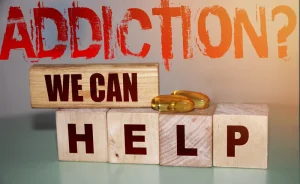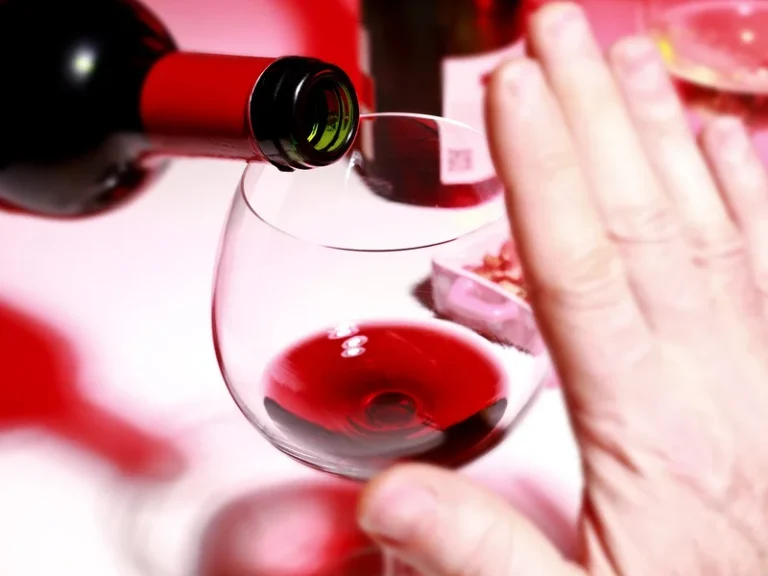
It’s important to note that the presence of these signs and symptoms does not necessarily mean someone has an alcohol dependency. However, if multiple indicators are present, it may be an indication of a more significant issue. Excessive alcohol misuse can produce more than the usual feeling of discomfort the next day.
- Consulting with a healthcare professional or addiction specialist can provide guidance, support, and appropriate treatment options.
- The diuretic effect of alcoholic beverages works on the kidneys to make you urinate out more than you take in.
- A person can reduce their chance of hangover shakes by drinking less alcohol.
Integrating Mental Health Care in Addiction Treatment
- Excessive alcohol misuse can produce more than the usual feeling of discomfort the next day.
- If the hangover shakes persist or worsen, seek medical advice for proper evaluation and treatment.
Drinking in moderation is crucial to minimize the risk of experiencing severe alcohol withdrawal symptoms, including shakes 3. Limiting the amount of alcohol consumed helps to reduce the stress on the body and the subsequent impact on the nervous system. To manage hangover shakes, it’s important to address the underlying causes. shaking from hangover Staying hydrated, replenishing electrolytes, and consuming balanced meals can help regulate blood sugar levels and alleviate symptoms. Additionally, seeking medical attention for severe or persistent hangover symptoms is advisable, as it may indicate a more serious condition or require professional intervention 4. Understanding the effects of alcohol on the body helps shed light on the mechanisms behind hangover shakes.

Low Blood Sugar as a Factor

This is a common symptom of a hangover and can be caused by several factors. When you drink alcohol, your body loses fluids through increased urination. This can lead to a drop in blood pressure, which can cause weakness and dizziness.

How Long to get over Hangover Shakes?
- Your body goes through an adjustment period as it tries to re-regulate itself.
- A hangover occurs after a single episode of alcohol abuse, and withdrawal, on the other hand, occurs after repeated bouts.
- Since there is an overlap of possible signs and symptoms, individuals may choose to contact a healthcare professional if they experience any of the above symptoms.
- Alcohol is a diuretic, which means it increases urine production and leads to fluid loss.
- Additionally, consuming foods rich in B vitamins, magnesium, and potassium can aid in replenishing nutrients that may have been depleted during alcohol metabolism.
- Factors such as alcohol consumption, body composition, and overall health play a role in the intensity and duration of symptoms 5.
As the alcohol leaves your body, however, your central nervous system, along with part of your sympathetic nervous system, remains unbalanced. To make the risks from alcohol to a minimum level, one must follow moderate drinking guidelines. According to the guidelines, regularly, men and women should not drink more than 14 units per week. In such a system, when the person abstains from alcohol or doesn’t take the amount required, the GABA receptors become less responsive.
Moderating alcohol consumption, staying hydrated, and ensuring a balanced diet with electrolyte-rich foods are essential steps to minimize the occurrence of hangover shakes. If alcohol addiction is a concern, seeking professional help is recommended to address the underlying issue. Hangover shakes are believed to be a result of changes in the nervous system that are similar to those seen in alcohol withdrawal syndrome. When alcohol leaves the body, the central nervous system and part of the sympathetic nervous system remain unbalanced, leading to symptoms like shaking and tremors 4. Low blood sugar levels due to the impact of alcohol on the body’s ability to monitor blood sugar can also contribute to hangover shakes. When blood sugar drops, it can lead to shaking along with other hangover symptoms like sweating and headaches.
Experiencing hangover shakes can be uncomfortable and distressing, but there are steps you can take to manage and alleviate the symptoms. This section will provide some prevention tips and remedies to help you cope with hangover shakes. For those with alcohol use disorder, chronic alcohol consumption can cause damage to the cerebellum, a brain area responsible for coordinating movements. This can result in a specific type of shaking known as cerebellar tremor, which can affect the arms, hands, legs, or feet. Trained in addictionology in the Johnson Model, and specializing in substance abuse for individual and couple counselling.

In most cases, hangover shakes are temporary and resolve on their own as the body recovers from alcohol consumption. However, there are instances when it is important to seek medical attention. Two Drug rehabilitation situations that warrant medical evaluation are severe hangover shakes and alcohol withdrawal tremors. If you’re struggling with alcohol use, it’s important to reach out to a healthcare professional for assistance.

